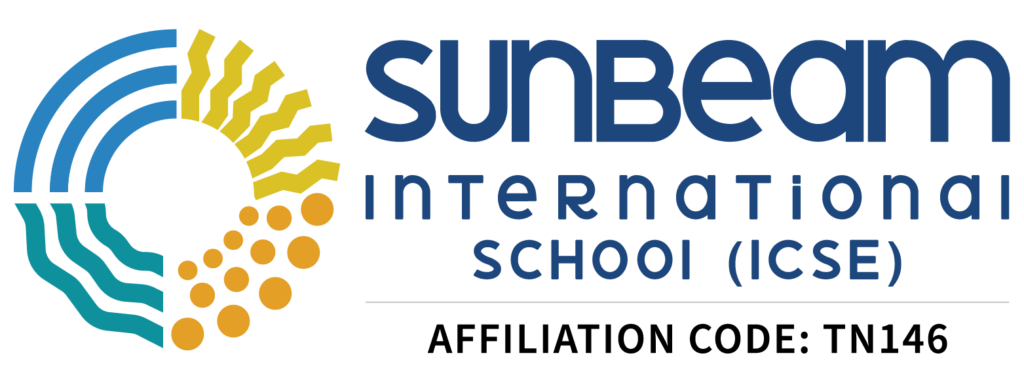

Learning new things can be exciting and rewarding, but sometimes it can also be challenging and time-consuming. How can school students learn faster and more effectively, without sacrificing the quality and depth of their knowledge? Here are some tips and strategies that can help students speed up their learning process and achieve their academic goals.
1. Relax and stay calm.
Stress and anxiety can interfere with your ability to focus and rememberinformation. To learn faster, you need to relax your mind and body, and avoid negative thoughts and emotions. You can try some relaxation
techniques, such as deep breathing, meditation, or listening to soothing music, before or during your study sessions.
2. Remove distractions.
Distractions can disrupt your concentration and slow down your learning. To learn faster, you need to eliminate anything that might distract you from your study material, such as your phone, TV, social media, or noisy
environment. You can also set a timer for your study sessions and take breaks in between to refresh your mind.
3. Eat right.
Your diet can affect your brain function and learning ability. To learn faster, you need to eat foods that are rich in nutrients, such as fruits, vegetables, nuts, seeds, whole grains, lean proteins, and healthy fats.
These foods can boost your energy, memory, focus, and mood. You should also avoid foods that are high in sugar, salt, or processed ingredients, as they can impair your cognitive performance.
4. Sleep well.
Sleep is essential for your brain to consolidate and store what you have learned. To learn faster, you need to get enough quality sleep every night, preferably at least seven to eight hours. You should also avoid studying right before bedtime, as it can interfere with your sleep quality and memory formation.
Everyone has different learning styles and preferences. To learn faster, you need to identify your strengths and use them to your advantage. For example, if you are a visual learner, you can use diagrams, charts, maps, or videos to help you understand and remember information. If you are an auditory learner, you can use podcasts, audiobooks, lectures, or songs to help you learn.
6. Practice makes perfect.
The more you practice something, the better you get at it. To learn faster, you need to review and reinforce what you have learned regularly and frequently. You can use various methods to practice your skills and knowledge, such as flashcards, quizzes, summaries, or teaching someone else.
7. Use mnemonic devices.
Mnemonic devices are memory aids that help you recall information more easily. To learn faster, you can use mnemonic devices to encode and retrieve information that is hard to remember otherwise. For example, you can use acronyms, rhymes, songs, stories, or images to help you remember facts, formulas, dates, or names.
8. Try all learning styles.
While it is important to play to your strengths, it is also beneficial to expose yourself to different learning styles and methods. To learn faster, you can try various ways of learning the same material or skill, such as reading, writing, listening, speaking, watching, or doing. This can help you deepen your understanding of the topic and enhance your memory retention.
9. Use active learning strategies.
Active learning strategies are techniques that involve actively engaging with the material or skill that you are learning. To learn faster, you can use active learning strategies to make your study sessions more interactive and effective. For example, you can use:
– Teaching others: Explaining what you have learned to someone else helps you reinforce your learning and clarify any doubts or confusion.
10. Have a positive mindset.
Your attitude towards learning can influence how fast and how well you learn something new. To learn faster, you need to have a positive mindset that motivates you to learn and grow.
You can do this by:
– Setting realistic and specific goals: Having clear and achievable goals helps you focus on what you want to learn and why you want to learn it.
– Seeking feedback: Asking for feedback from others helps you improve your performance and correct any mistakes or misunderstandings.
– Celebrating your progress: Recognizing and rewarding yourself for your achievements helps you boost your confidence and enthusiasm for learning. With these tips and strategies, you can speed up your learning process and master anything you want. Remember that learning is a lifelong journey that requires patience, persistence, and passion. Happy learning!


